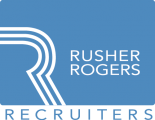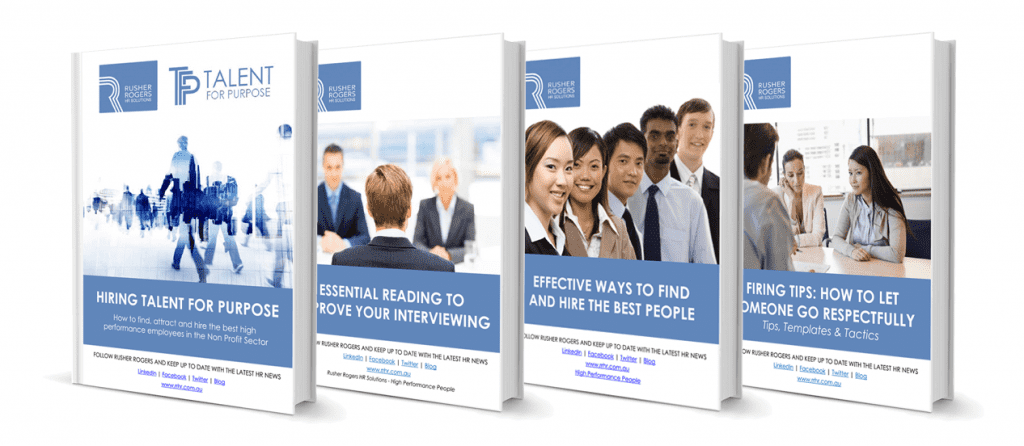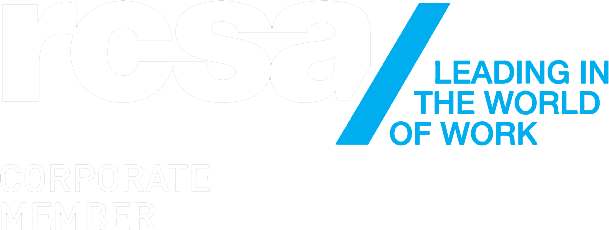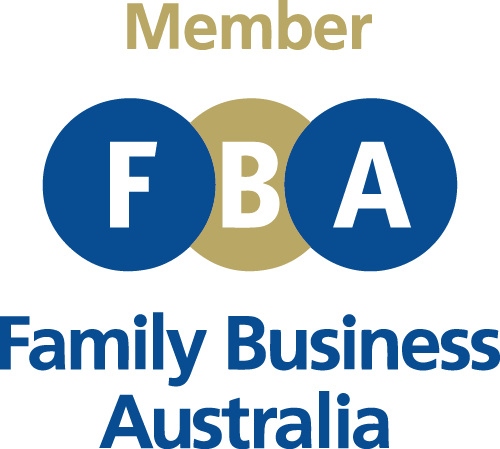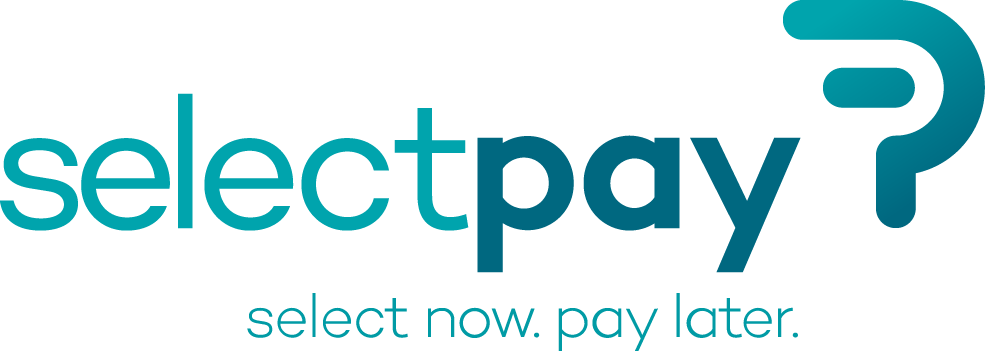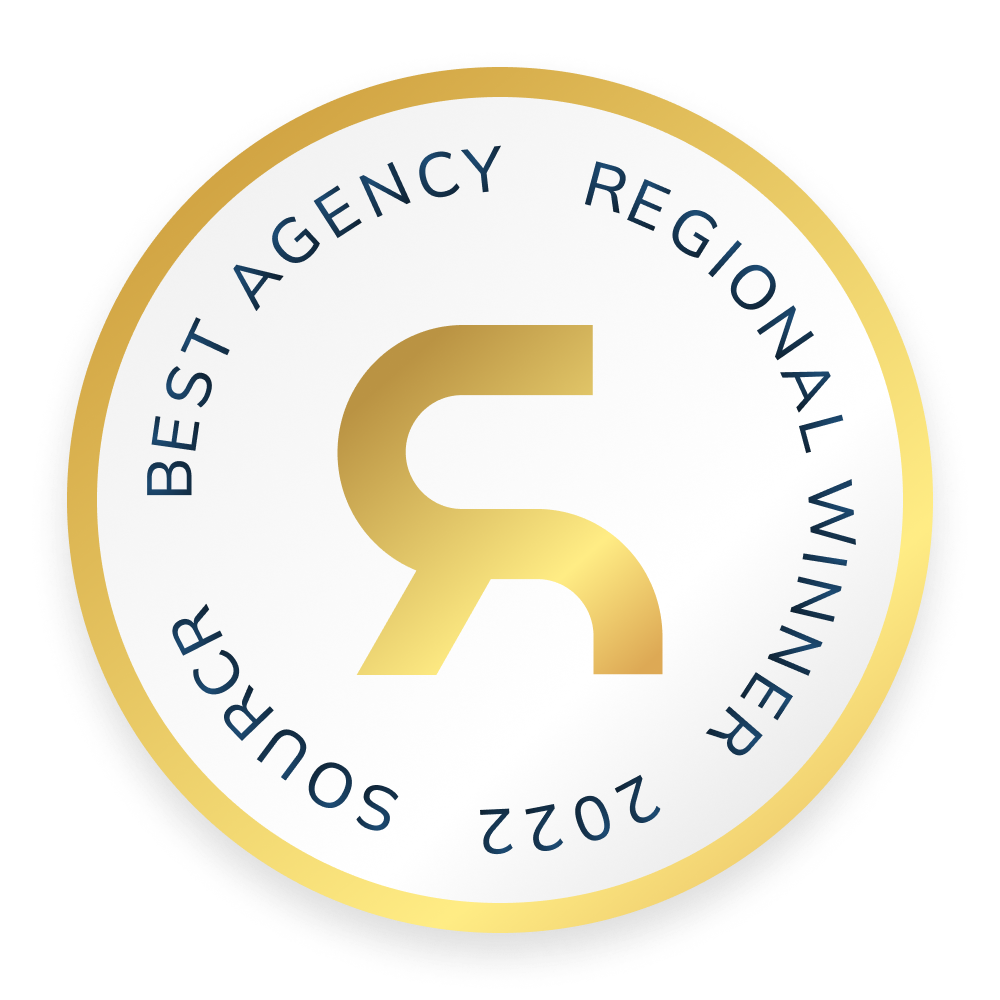
Will you let the test decide just how inclusive you are?

Why do we judge people in the way that we do? Understanding our bias, specifically awareness of our unconscious bias, is key if we want to develop an authentically inclusive work place.
It starts with understanding what bias is:
Bias is disproportionate weight in favour of or against an idea or thing, usually in a way that is closed-minded, prejudicial, or unfair. Biases can be innate or learned. People may develop biases for or against an individual, a group, or a belief (Wikipedia)
More challengingly our:
Unconscious Bias or the “hidden bias” is created and reinforced by our background, cultural environment and personal experiences. It is often interpreted as the first impression and intuitions we have when interacting with other people. Unconscious bias is deeply ingrained into our thinking and emotions and is outside of our control. (ANU)
We all have unconscious bias.
‘Everyone has unconscious bias and everyone is affected by bias. Bias is a normal human prejudice that we all have, regardless of how fair-minded we consider ourselves to be. It is the associations and automatic assumptions, negative or positive, that everyone makes about other people or groups of people based on cultural stereotypes, rather than careful considerations. Effectively managing bias in the workplace can increase our creativity and performance, and support effective communication and work fulfilment.’ (ANU)
.jpg)
Unconscious bias comes in a number of types, ANU identifies some of the more commonly known:
- In-group vs Out-group bias: The tendency for people to give preferential treatment to others they perceive to be members of their own groups.
- Confirmation bias: The tendency to search for, interpret, focus on and remember information in a way that confirms one’s preconceptions.
- Halo effect: The tendency for a person’s positive or negative traits to “spill over” from one personality area to another in others’ perceptions of them (also related to the physical attractiveness stereotype).
- Stereotyping: Expecting a member of a group to have certain characteristics without having actual information about that individual.
- Group attribution error: The belief that the characteristics of an individual group member are reflective of the group as a whole or the tendency to assume that group decision outcomes reflect the preferences of group members, even when information is available that clearly suggests otherwise.
- Status-Quo bias: The tendency to like things to stay relatively the same (also related to loss aversion, endowment effect, and system justification).
Why is this important?
Our rich and diverse culture demands it. We need to challenge our conscious and unconscious bias if inclusivity is a genuine goal and awareness is the first step: See Here
Increasingly, I partner with clients who are developing and working towards a workplace framework and culture of inclusivity. As their recruitment professional I have a key role to play. Being able to set aside unconscious bias is a critical first step that underpins this end. In light of the Black Lives Matter campaign awareness of bias, specifically unconscious bias should weigh heavily upon us all.
We should all challenge ourselves. How balanced are the decisions that we make in our professional capacity? Have we been able to set aside our unconscious bias in order to arrive at the right choice?
Harvard, Virginia and Washington University researchers have developed a tool for testing your unconscious bias: See Here
How did you fare?
Current Jobs:
- Employee Relations Manager
- Service and Training Specialist
- General Temp Registration
